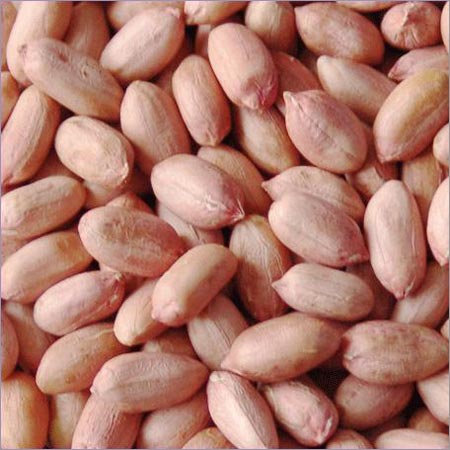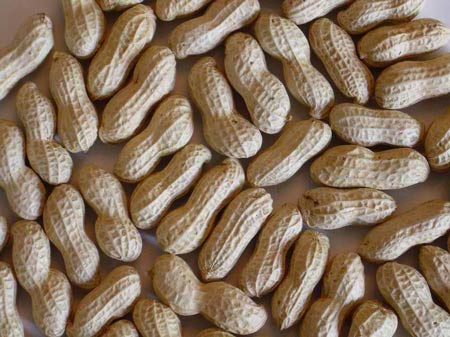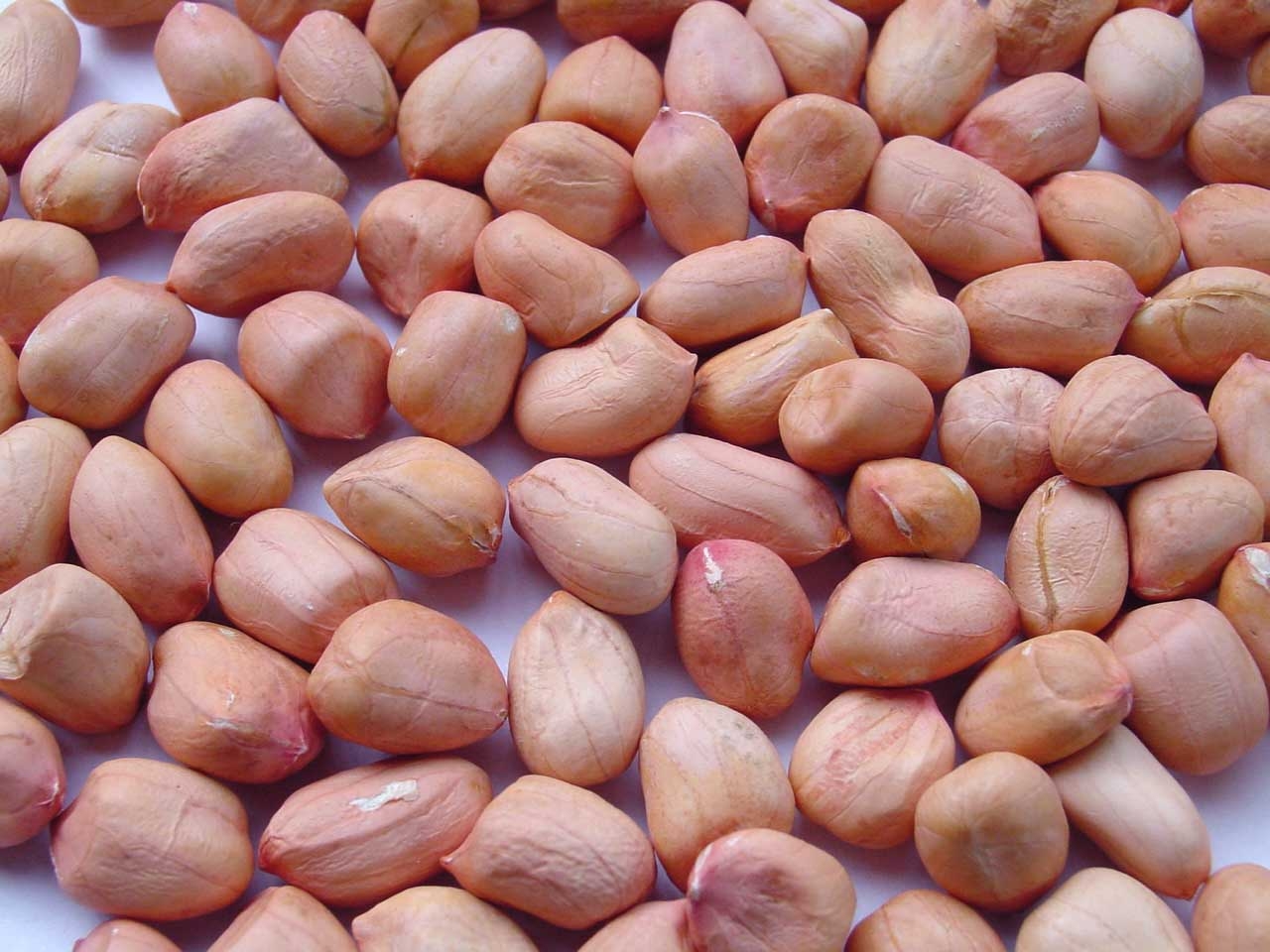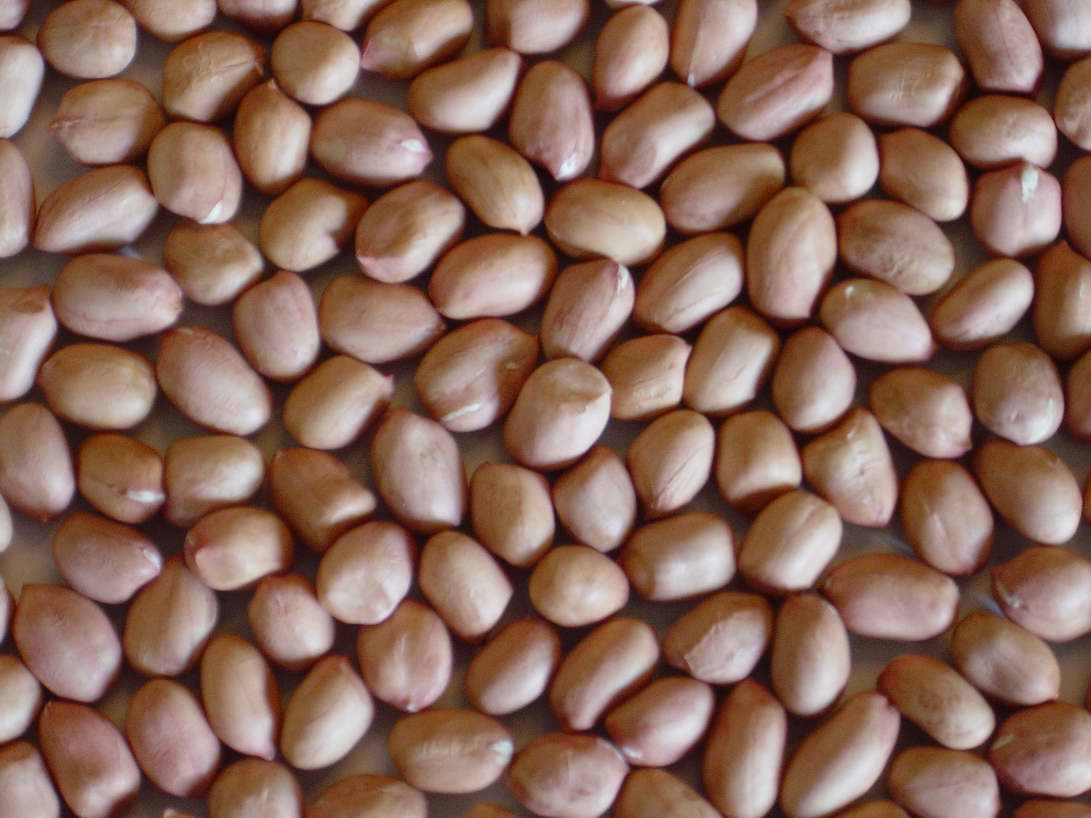
Peanuts are a legume, and are grown underground unlike the other nuts which grow on trees and hence are fruits. It may be defined as a self-pollinated, one- to six-seeded legume which is cultivated throughout the tropical and temperate climates of the world. Peanuts are also known as groundnut, earth-nut, arachis nut, monkey nut and goober pea. Peanuts are a traditional snack all over the world. During the winter season, from November through March, all over India, one will see roadside stands - ranging from woodsheds to shiny trailers - offering peanuts. Peanuts make for a popular snack and are also used to make cooking oil and peanut butter. They are also an ingredient in many Asian dishes.
Nutritional Value of Peanuts:
Peanuts and peanut butter are whole foods that pack a lot of nutrition into just one serving. Peanuts are whole foods that contain a variety of vitamins and minerals, ample protein and beneficial unsaturated fats. Since they are a plant food, they naturally contain no cholesterol.
- Protein: Peanuts contain high quality plant protein. When comparing peanuts to similar foods, peanuts have more protein than any other legume or nut. This is especially important for children, vegetarians and people eating more meatless meals.
- Unsaturated Fats: Peanuts contain mostly beneficial monounsaturated and polyunsaturated fats. These fats as compared to saturated fats have been shown to help lower blood cholesterol levels. Lowering your blood cholesterol level may reduce your risk of coronary heart disease.
- Fiber: One ounce or one small handful of peanuts contains 2 big grams of fiber. This is 9% of the fiber you need each day!
- Vitamine E: One ounce of peanuts provide 16% of your daily need of vitamin E. Vitamin E has been shown to act as an antioxidant which may reduce the risk of coronary heart disease.
- Minerals: Peanuts are an important source of essential minerals such as magnesium, copper, phosphorus, potassium and zinc. Some of these "hard to find" minerals such as copper and magnesium may protect against coronary heart disease.
- Vitamin B: B vitamins such as folate can help prevent birth defects. They also reduce amounts of homocysteine in the blood that may be a risk for heart disease. Peanuts are a good source of folate.
- Phytochemicals: Phytochemicals are natural substances in plants which may provide a wide range of health benefits such as reducing the risk of coronary heart disease. Peanuts contain resveratrol which is one of the many phytochemicals found in plant foods.
GROUNDNUT KERNELS / PEANUTS
| TYPE | COUNTS PER OUNCE | SPECIFICATIONS |
| BOLD | 35/40, 38/42, 40/45, 45/50, 45/55, 60/70, 70/80 | Moisture Max. 7.5% Aflatoxin as per permissible limits |
| JAVA | 40/50, 45/55, 60/70, 70/80, 80/90, 100/120 | |
| RED SKIN JAVA | 70/80, 80/90 |











